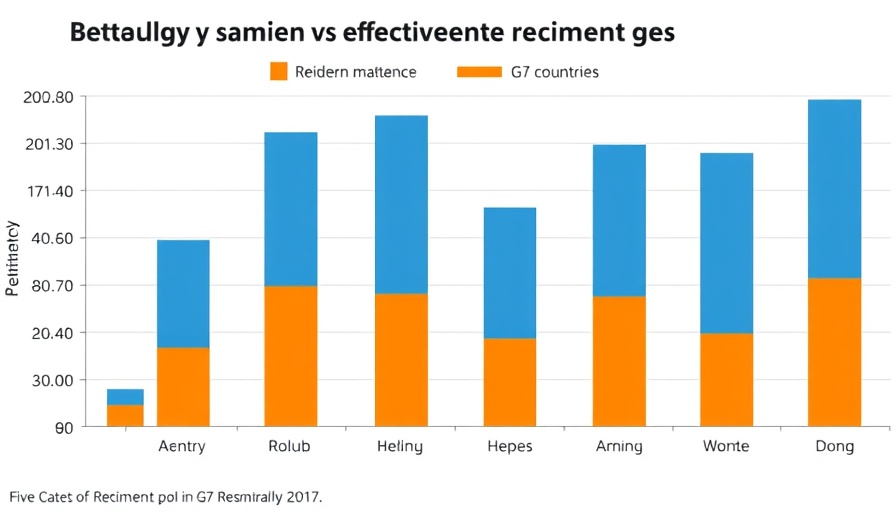
A Widow's Fight for Justice: The Coca-Cola ERISA Case
The legal drama unfolding between a widow and Coca-Cola over her late husband's retirement benefits raises significant questions about corporate responsibility and employee trust. The widow, in her lawsuit filed on May 16, is challenging the beverage giant under the Employee Retirement Income Security Act (ERISA) after the company allegedly withheld retirement payments her husband had enrolled in before his death.
The crux of the case stems from a "Key Executive" retirement plan that Coca-Cola offered elite employees, through which the late executive had designated his new wife as the beneficiary entitled to 100% of the payments once they wed. While Coca-Cola initially reassured the couple that she would receive these benefits, the company's stance changed after the executive's passing, claiming the timing of the marriage disqualified her as a beneficiary.
Understanding ERISA and Its Implications for Employees
ERISA's role is pivotal in ensuring the protection of retirement benefits for employees, enforcing standards that employers must abide by. The act is designed to safeguard employees against potential abuses by plan sponsors. In this situation, the fundamental conflict revolves around the interpretation of what constitutes a “spouse” within the Key Executive plan, highlighting the importance of clear communication and documentation of employee rights.
Corporate Culture and Ethical Leadership: What Can We Learn?
This case underscores the interplay between corporate culture and ethical leadership. For CHROs and other HR leaders, it prompts a reflection on how organizational policies around succession planning and talent management align with employee trust and engagement. Companies must ensure that their benefits communications are transparent and reliable, particularly concerning the promises made during the hiring and onboarding processes.
The Broader Implications: A Call for People-First Leadership
As businesses navigate complex employee relations issues, this lawsuit serves as a reminder of the value in adopting a people-first leadership approach. It emphasizes the necessity of integrating succession planning and employee retention strategies that prioritize clear and compassionate communication with all employees.
Conclusion: Staying Ahead of Workforce Challenges
For operational leaders, this legal case not only illustrates significant workforce strategy challenges but also acts as a cautionary tale of what happens when organizations fail to uphold their assurances. As the case unfolds and the broader implications resonate throughout the HR community, it’s an opportune moment to re-evaluate practices to bolster employee engagement and secure organizational health as a priority.
 Add Row
Add Row  Add
Add 




Write A Comment